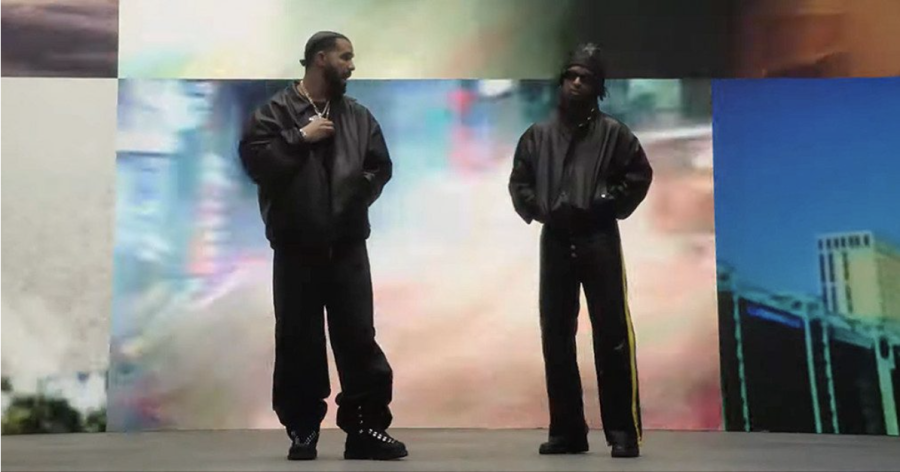Words: Amy Myers
The day of the latest school assembly, students shuffled their way into the auditorium for what was rumored to be about bullying again. As they found their seats, they were introduced to a powerful video showing some astonishing secrets of anonymous members of the Centennial community, followed by a presentation of the hip-hop artist, Royalty.
Although as compelling as the initial video was, the motivational speech left students pondering the connection between the life story of a rapper and unity of our school. While explaining the hardships and high points of his life, Royalty asked the students to raise their hands with a symbol from The Hunger Games when they shared similar points of their lives. Some students participated honestly, but others were still scratching their heads, trying to figure out how many fingers to hold up to make the symbol.
Throughout his heartfelt speech, the message of “unity” may have been lost. Royalty shared hardships in his life that changed his perspective for the better, and he encouraged students to follow in his way in helping others and providing the support that every person needs. What Royalty did not know, however, is that students were already actively taking part in his advice even before the assembly.
Weeks earlier, Twitter users of the Centennial community were subjected to a page named Centennial Confessions, a page that poured scorn on both students and administration. Some students fumed about the posts made; other students were hungry to read more. One student, though, who remains anonymous to this day, acted in a remarkable way.
A new Twitter page, Centennial Compliments, was created to draw attention away from the Confessions page and even provide the unity our school needed. Other Twitter users submitted compliments regarding other students to the Centennial Compliments page, where it was then posted anonymously. Just like that, the poison of the previous page was lifted, the posts soon forgotten.
Centennial Compliments turned a typical high school drama event into a connection of students that participated for the benefit of others. However, neither of these two pages was mentioned in the assembly, even though they seemed to apply directly to the theme of unity. The Twitter pages would have strengthened the assembly, highlighting the praiseworthy actions of students.
Had the Centennial Confessions page been mentioned as well as the Centennial Compliments page admired, students may have understood the option and possibility of harmony and stray away from potential damaging situations. And most importantly, it would emphasize the necessity to continue the unity found in Centennial.
Royalty’s advice on unity had hit the nail on the head, even if the message may have been lost in one too many compelling stories. Students have already demonstrated acts of unity by participating in the Centennial Compliments as opposed to the Centennial Confessions. With the help of more organized assemblies and recognition of these admirable acts, we can continue to sustain and strengthen the unity of our school.




